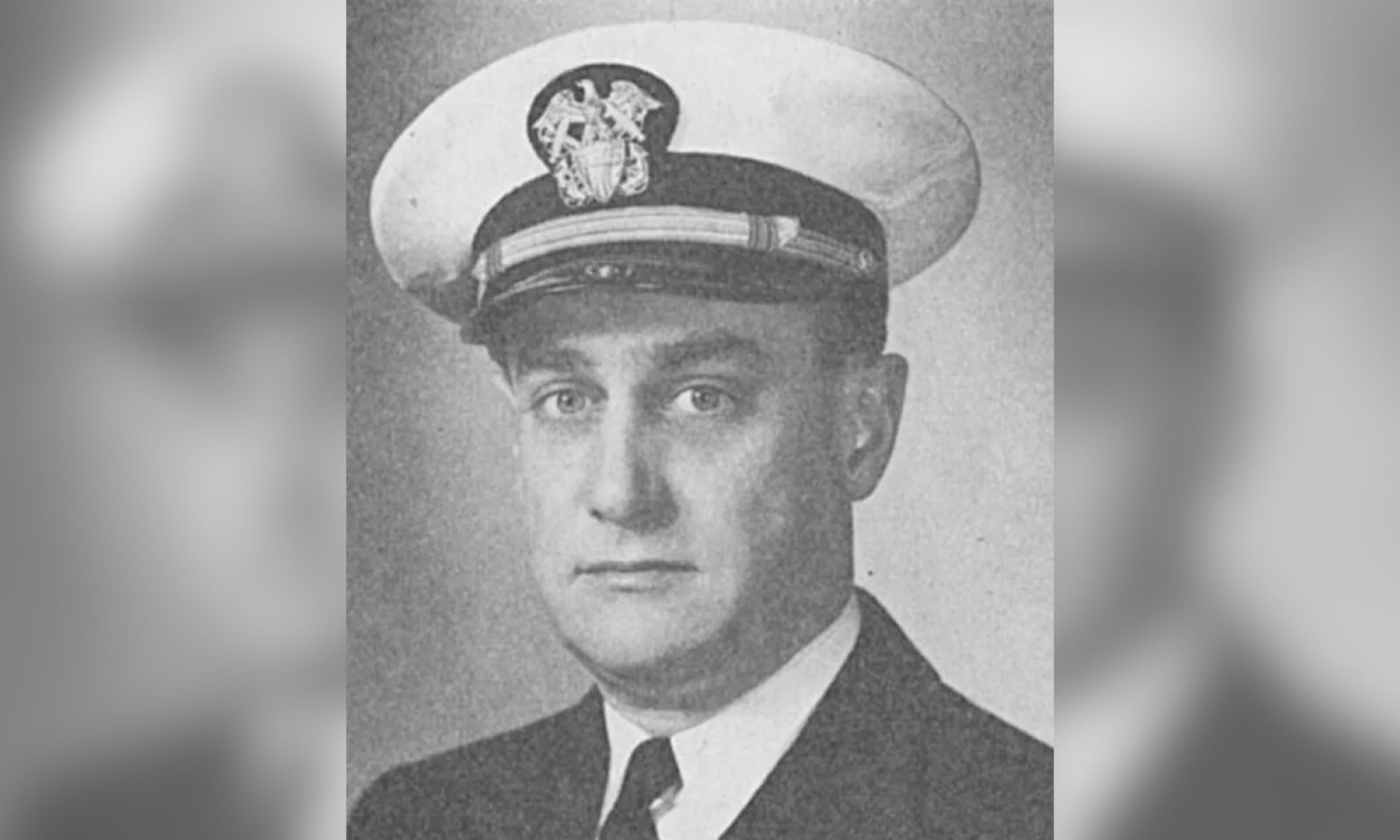Volunteering will not longer influence who gets promoted — and who gets passed over — under the Air Force's new enlisted promotion system, said Brig. Gen. Brian Kelly, the director of military force management policy.
"It shouldn't play in how we evaluate and select for promotion," Kelly said in a June 12 interview in his Pentagon office. "It doesn't mean we don't still value that and want our airmen to participate and do those things as part of their overall development and as part of our responsibilities as airmen and part of the country and the nation. We still value our folks doing that. But it's not going to be how we determine who gets promoted."
The Air Force has long encouraged airmen to volunteer in their community or further their education off-duty as part of what it called the whole airman, or whole person concept, and rewarded them for doing so on their evaluations. And for years, many airmen grumbled that the whole airman concept ensured that hardworking, high-performing airmen who don't volunteer get passed over in favor of lackluster airmen who spend their Saturdays at the soup kitchen.
A column on the website We Are The Mighty titled "32 Terms Only Airmen Will Understand" in February, for example, defined the whole airman concept as "An enlisted performance review system designed to keep you from earning a perfect rating (and ultimately a BTZ promotion) despite being the best performer in your unit at your actual job function, because you didn't volunteer to pick up trash at the squadron commander's mandatory fun burger burn."
Kelly said volunteering in one's community, serving as president of the Non-Commissioned Officer Council, or pursuing off-duty education is still going to be valued and encouraged by the Air Force, as being an overall good airman. Volunteering, for example, will still help an airman receive quarterly awards.
But under the new performance-driven system that is now being put into place, it will be impossible for someone to not be good at his job and still get promoted because he volunteers, Kelly said.
"You can't do those things and not be a good performer and be able to get ahead," Kelly said. "Those things still matter. But they don't matter as much as your day-to-day performance. If I'm looking at the performance of an airman in the maintenance squadron, and they happen to be a volunteer for a lot of things, and they're president of the local NCO council, but they're on a daily basis not a really good maintainer -- can't turn the wrenches and can't get their job done to do what they need to do -- then they're not valued as a performer as much, and they shouldn't be getting one of the top recommendations."
And Kelly said that this change will mean that when an airman gets a top performance rating and a promotion, everybody should know he deserves it and it wasn't because he volunteered his way into a promotion.
"There will be people who are complete airmen who do all those things, they volunteer, they get their off-duty education, they're involved in lots of things, and they'll get a top rating," Kelly said. "The reason they'll get a top rating, though, isn't because of those things. They'll get a top rating because they're a really good performer.
"Somebody will probably look at it and say, well, they're getting it because of that [volunteering]. It won't be the case anymore. If they really look and dive deep -- and this will be important for our commanders to explain that, and important for our commanders to get those ratings to those deserving people -- it'll be the people who are great performers who also do those things" that get promotions.
Stephen Losey is the air warfare reporter for Defense News. He previously covered leadership and personnel issues at Air Force Times, and the Pentagon, special operations and air warfare at Military.com. He has traveled to the Middle East to cover U.S. Air Force operations.





